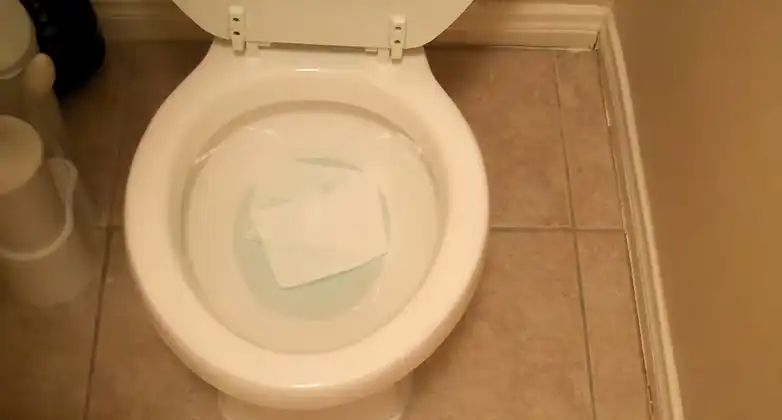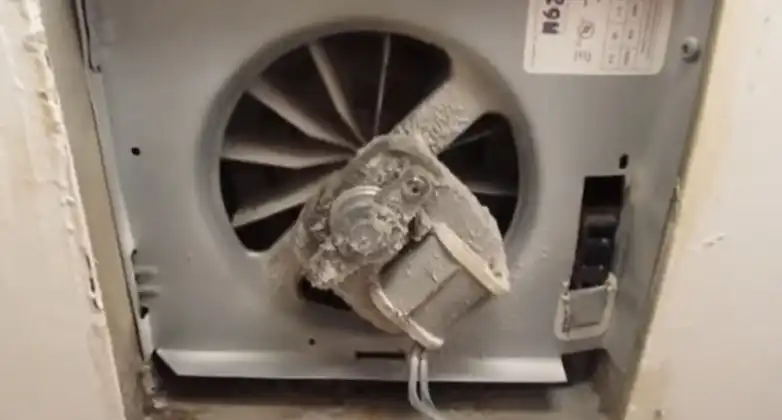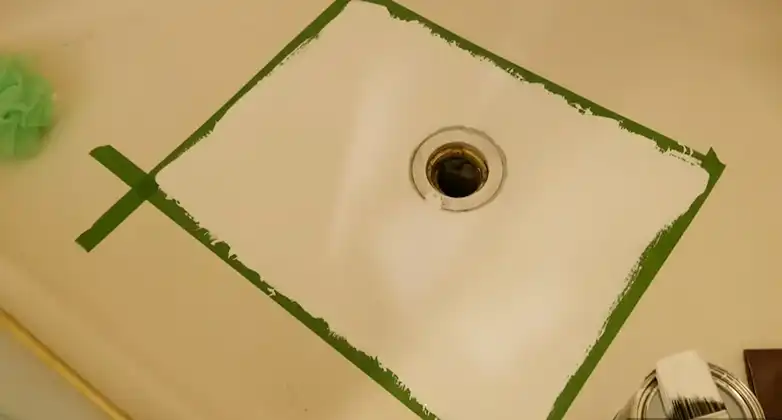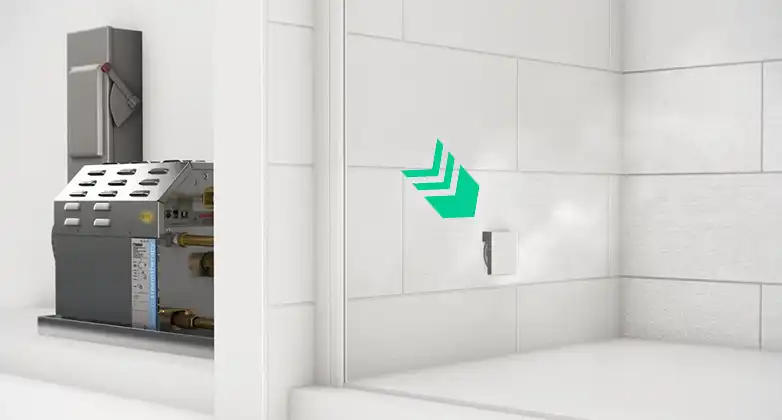Toilet water splashes are an unpleasant experience that many of us have encountered at some point. However, beyond the initial discomfort, it is crucial to understand the potential health risks associated with these splashes.
This article explores the consequences of toilet water splashes on your body and provides insights into the health risks involved.

Are Toilet Water Splashes Harmful to Your Health?
When toilet water splashes on you, toilet water splashes can pose potential health risks due to the presence of microorganisms and contaminants in the water. While treated with chemicals and disinfectants, toilet water may still contain bacteria, viruses, and other pathogens that can cause harm when they come into contact with the body.
The main concern with toilet water splashes is the risk of gastrointestinal infections. Water from the toilet bowl can contain bacteria like E. coli, which can cause digestive issues, diarrhea, and abdominal discomfort if ingested or if it comes into contact with vulnerable areas like the mouth or hands that may later touch food or the face.
Furthermore, toilet water splashes can introduce pathogens to open wounds, cuts, or mucous membranes, increasing the risk of infection. Certain bacteria, such as Staphylococcus aureus, can cause skin infections or enter the bloodstream through cuts, leading to more serious health complications.
The Consequences of Toilet Water Splashes on Your Body
Even though toilet water is typically treated with chemicals and disinfectants, it can still contain bacteria, viruses, and other harmful pathogens. When these microorganisms come into contact with your body, they have the potential to cause infections and other health issues. It’s crucial to be aware of the risks and take necessary measures to protect yourself. Health Risks Associated with Toilet Water Exposure:
- Can Toilet Water Cause Infections? Toilet water can harbor bacteria such as E. coli, which can lead to gastrointestinal infections if it enters your body through open cuts or wounds. It is essential to keep any skin openings clean and protected to minimize the risk of infection.
- Can Toilet Backsplash Transmit STDs? While the risk is relatively low, it is theoretically possible for sexually transmitted diseases (STDs) to be transmitted through toilet backsplashes. However, the chances of contracting an STD through this route are extremely rare, and other forms of transmission are much more common.
- Can Toilet Water Splash Lead to UTIs? Toilet water splashes can introduce bacteria into the urinary tract, potentially leading to urinary tract infections (UTIs). Proper hygiene practices, such as wiping from front to back after using the toilet, can help minimize the risk of UTIs.
Actions to Take if You Get Splashed by Toilet Water
If you get splashed by toilet water, it’s important to take immediate action to minimize any potential health risks. Here are the actions you should take:
- Cleanse the affected area: Wash the exposed area thoroughly with soap and warm water. This will help remove any bacteria or contaminants that may have come into contact with your skin.
- Disinfect and treat any wounds: If you have any cuts, scratches, or open wounds that were exposed to the toilet water, clean them with an antiseptic solution and apply a sterile dressing to prevent infection.
- Avoid touching your face or mouth: Be cautious not to touch your face, mouth, or any food items without thoroughly washing your hands first. This helps prevent the transfer of any potential pathogens from the toilet water to your body.
- Seek medical attention if necessary: If you develop any symptoms of infection, such as redness, swelling, pain, or persistent discomfort, or if you have concerns about your health after being splashed by toilet water, it is advisable to consult a healthcare professional for further evaluation and guidance.
Remember, while the risk of serious illness from toilet water splashes is relatively low, it’s important to take these precautions to ensure your well-being and minimize any potential health risks.
What to Do if Toilet Water Gets in Your Eyes
If toilet water splashes into your eyes, flush them immediately with clean water for at least 15 minutes. Seek medical attention if irritation, redness, or other symptoms persist.
Preventing Toilet Water Backsplash: Effective Measures
To minimize the risk of toilet water splashes, consider implementing the following preventive measures:
- Close the toilet lid before flushing: Closing the lid creates a barrier that helps prevent water and particles from splashing out of the bowl. Make it a habit to always close the lid before flushing to minimize the risk of splashing.
- Flush with the lid down Flushing the toilet with the lid down creates a controlled flow of water, reducing the chances of splashing. This simple step can significantly minimize the spread of bacteria and germs.
- Avoid excessive toilet paper usage: Using excessive amounts of toilet paper can clog the pipes and increase the likelihood of splashing. Use an appropriate amount of toilet paper and flush multiple times if necessary.
- Install a toilet seat splash guard: Consider installing a splash guard attachment on your toilet seat. These guards are designed to redirect water and prevent it from splashing upward.
- Regular maintenance: Keep your toilet well-maintained by ensuring proper flushing and addressing any plumbing issues promptly. Regular maintenance helps prevent clogs and ensures a smooth and controlled flow of water.
By implementing these preventive measures, you can significantly reduce the chances of toilet water splashing back up, promoting a cleaner and more hygienic bathroom environment.
Frequently Asked Questions and Answers – FAQs
Can toilet water splashes transmit COVID-19?
No, COVID-19 is primarily transmitted through respiratory droplets and not through toilet water splashes.
How often should I clean and disinfect my toilet?
It is recommended to clean and disinfect your toilet at least once a week or more frequently if needed.
What should I do if I accidentally drink toilet water?
If you accidentally drink toilet water, it’s essential to rinse your mouth thoroughly with clean water. Monitor your symptoms and seek medical attention if you experience persistent or severe discomfort.
Conclusion
While toilet water splashes may not always lead to severe health consequences, it is essential to be aware of the potential risks involved. By understanding the health risks associated with toilet water exposure and implementing preventive measures, you can minimize the chances of infections and protect your well-being. Remember to maintain good hygiene practices and take immediate action if splashed by toilet water to safeguard your health.





